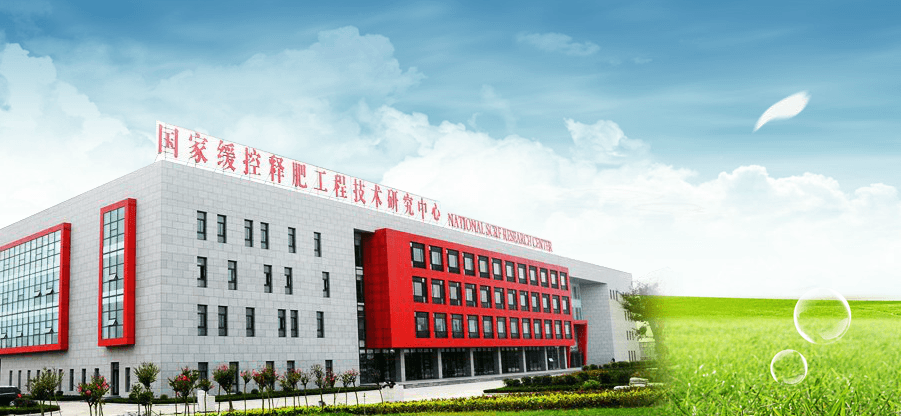Earlier today, Kingenta Ecological Engineering Group announced the launch of a broad scale agricultural partnership between Israel and China. Founded in 1998, Kingenta is a Chinese technology enterprise dedicated to the development, production, and marketing of compound fertilizers, slow/controlled -release fertilizers, water soluble fertilizer, and other specialty fertilizers.
The partnership will focus on technologies that provide integrated control and regulation of water and fertilizer, and will embark on five medium to long-term interrelated projects, including the construction of 10 Sino-Israeli demonstration farms. These farms will exhibit modern agriculture practices and technologies. The partnership has also set out to establish 100 agricultural service centers and will provide training and support services. As part of this mission, Israel will host Chinese experts and scholars on agricultural fact-finding trips to Israel.
At roughly 56 million tons annually, China is the largest fertilizer user in the world. According to some reports, however, the efficiency of fertilizer use in China is 20 percent lower than other developed countries. By some estimates, China produces roughly 26 percent of the world’s produce using only 9 percent of the world’s farmland and six percent of its fresh water supply. Throughout the years, water shortages have been one of the most severe problems facing Chinese farmers and agriculture producers.
The partnership with Israel is designed to help China’s farmers overcome these water issues. Israel has become a powerhouse of agricultural innovation in recent years. Due to the desert climate, lack of farmland, and scarcity of fresh water, Israeli experts have focused their efforts on crafting water-fertilizer integration techniques for decades. These efforts have proved successful, resulting in the development of water-saving fertilizer application technologies that have been used to foster farming in the middle of desert communities.
An integrated control system of water and fertilizer allows farmers to dissolve fertilizers in water beforehand. In liquid form, the fertilizer can be applied to the roots of the crops using irrigation methods, resulting in a more even and precise manner. Applying fertilizer in this manner can help farmers save 150 cubic meters (150,000 liters) of water per acre and reduce fertilizer use by 20 to 30 percent. This method can also help boost yields between 20 and 50 percent, improve drought resistance in plants, and promote sustainability.
The partnership comes as part of China’s recent shift in agricultural policies. The “One Belt and One Road” development strategy seeks to boost connectivity and cooperation between countries along the Silk Road Economic Belt and the Maritime Silk Road, both located primarily in Eurasia. On June 7, 2015, Hungary became the first European country to sign a cooperation agreement for China’s Silk Road initiative.
Part of the initiative includes a clear call for establishing agricultural innovation cooperations with foreign entities and advocating for more overseas agricultural cooperative development. In April 2015, for example, Chinese President Xi Jingping announced a $50 billion investment in Pakistani infrastructure and is set to invest a substantial sum in Brazil. Reports also indicate that China is considering constructing a railroad over the Andes, connecting Brazil to China through the Pacific and ports in Peru.
“Kingenta is devoted to applying water-fertilizer integration technology to agricultural production practices in China, further expanding its cooperation with Israel, and better serving farmers, the rural areas, and the agricultural industry,” said Kingenta president Wan Lianbu. “We have already established a strong foundation for cooperation with Israel. Today’s announcement marks a major step forward in realizing the benefits of that cooperation and we look forward to further advancing these ties to secure humankind’s most basic need, food.”
Kingenta has led a number of prior cooperations between the Chinese and Israelis in the field of agriculture. Starting in 2014, the company sent four groups of agricultural experts, scholars, farmer representatives, and other industry members on fact-finding missions to Israel.
Have news or tips? Email [email protected].





